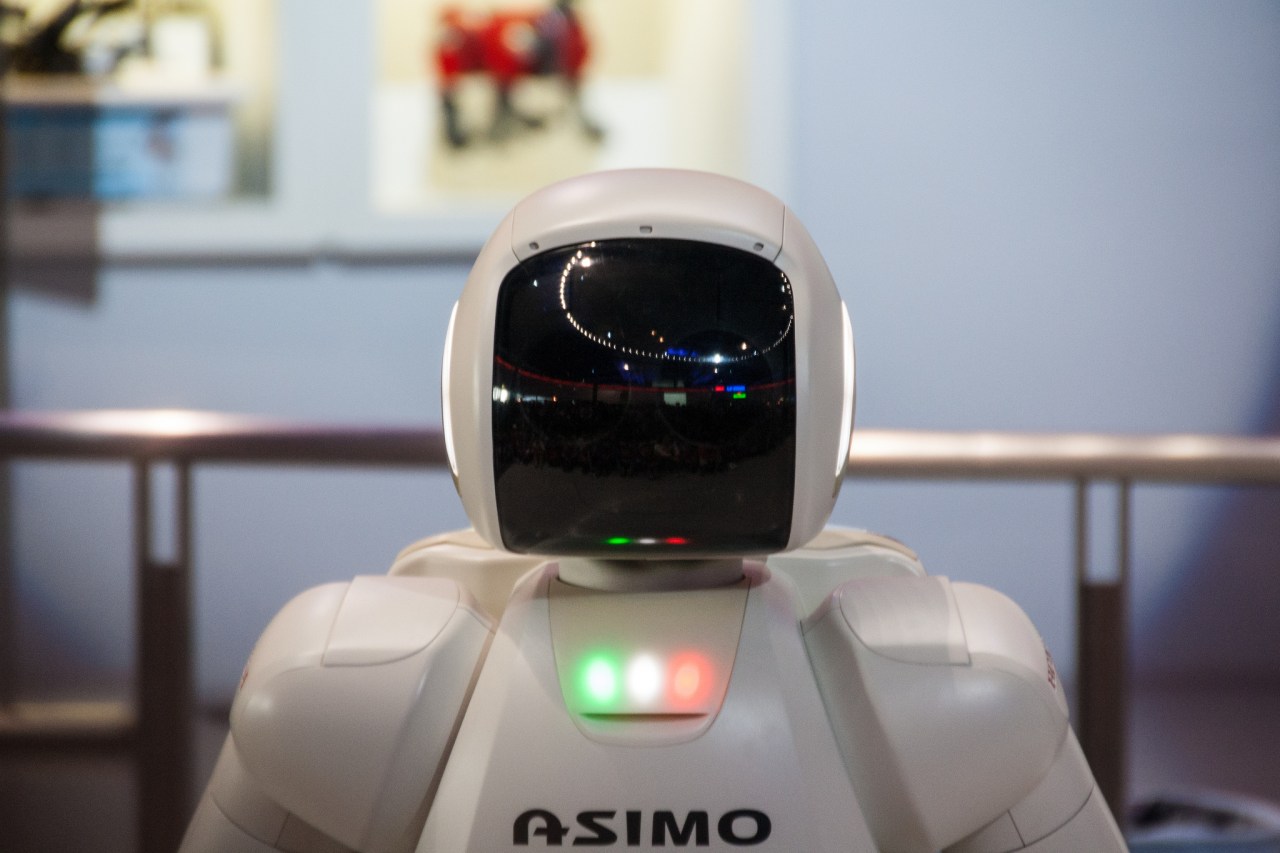The automotive landscape is rapidly evolving, with technology at its core driving revolutionary changes. Honda has recognized this pivotal moment and is making strategic moves to enhance its capabilities in artificial intelligence (AI). The announcement of their new AI research center set to open in downtown Tokyo marks a significant milestone for the company, aiming to propel its technological initiatives to new heights. In this blog post, we will explore the implications of this establishment, what it means for Honda’s future, and the broader context within the automotive industry.
Centralizing AI Expertise
One of the most promising aspects of Honda’s new AI lab is its focus on bringing together scattered teams from Silicon Valley, Europe, and Japan into a unified location. This centralization represents a strategic advantage, allowing for enhanced collaboration, knowledge sharing, and innovative brainstorming among experts in the field. As companies like Toyota and Tesla ramp up their AI-related efforts, Honda’s decision underscores the importance of a cohesive approach in staying competitive. By pooling talent and resources, Honda hopes to accelerate its research and development, ultimately leading to more effective AI applications in their vehicles.
The Future of Automotive Technology
Honda’s commitment to commercializing AI technology is not merely a competitive response but a well-considered investment in the future of transportation. The new center is expected to focus on developing cars equipped with emotional perception capabilities. Imagine vehicles that can understand and respond to a driver’s emotional state, creating a more personalized driving experience. This innovation reflects a broader trend towards creating vehicles that not only perform well but also engage with their users on a deeper level.
Japan’s AI Landscape
By establishing its AI lab in Tokyo, Honda is also betting on Japan’s rich pool of talent and expertise in artificial intelligence. The country has a long history of advancements in robotics and automation, and Honda believes that these local capabilities can rival those found in Silicon Valley. This strategic positioning not only allows for proximity to Honda’s automotive operations but also harnesses the unique strengths of Japan’s research community, which is essential for crafting future-ready technologies.
The Road Ahead: Commercialization and Consumer Impact
The push for commercialization is a vital part of Honda’s strategy, as it transforms AI from theoretical concepts into tangible products that can influence consumer purchasing decisions. In an industry where innovation is crucial, embedding AI features that cater to consumer needs and preferences will play a pivotal role in shaping brand loyalty and market share. As Honda embarks on this journey, it sends a clear message to the industry that the blending of AI and automotive technology is not just an option; it’s a necessity for future success.
Conclusion: Driving Towards a Technologically Advanced Future
Honda’s new AI research center is a significant step towards harnessing the power of artificial intelligence in the automotive domain. The merging of top-tier talent, a commitment to emotional intelligence in vehicles, and the strategic choice to operate close to key manufacturing hubs positions Honda favorably in a competitive market. As they embrace this blend of technology and automotive engineering, consumers can anticipate a future where cars respond not only to commands but also to emotions—creating a safer and more enjoyable driving experience.
At **[fxis.ai](https://fxis.ai)**, we believe that such advancements are crucial for the future of AI, as they enable more comprehensive and effective solutions. Our team is continually exploring new methodologies to push the envelope in artificial intelligence, ensuring that our clients benefit from the latest technological innovations.
For more insights, updates, or to collaborate on AI development projects, stay connected with **[fxis.ai](https://fxis.ai)**.

